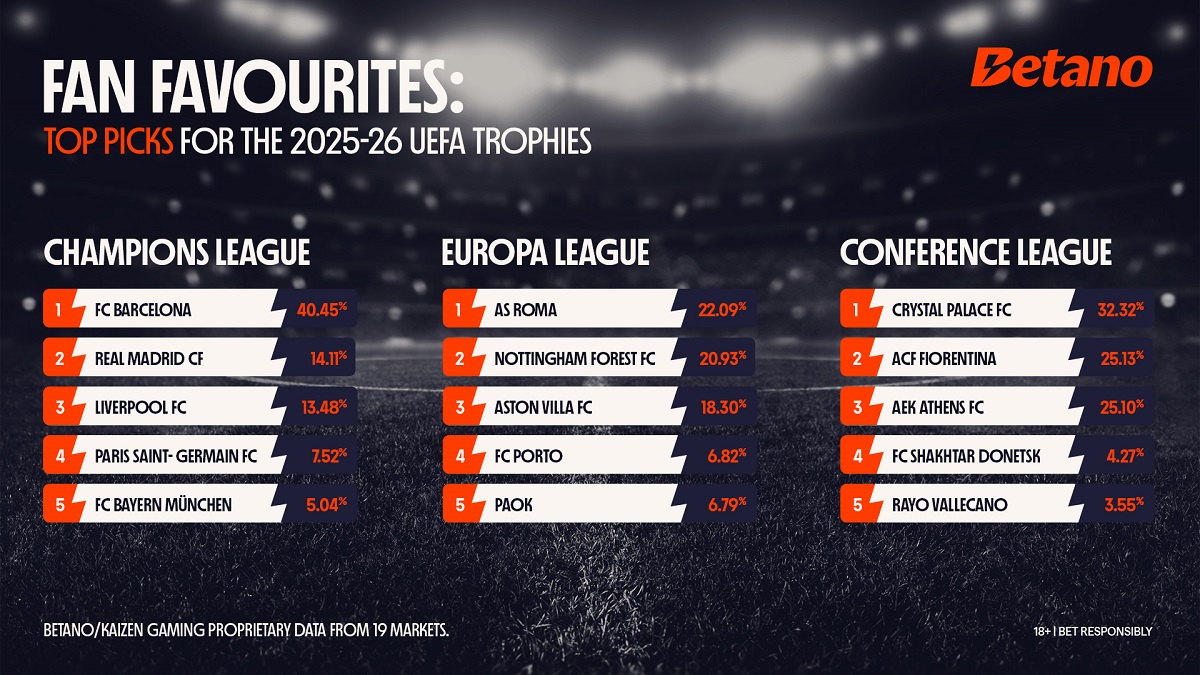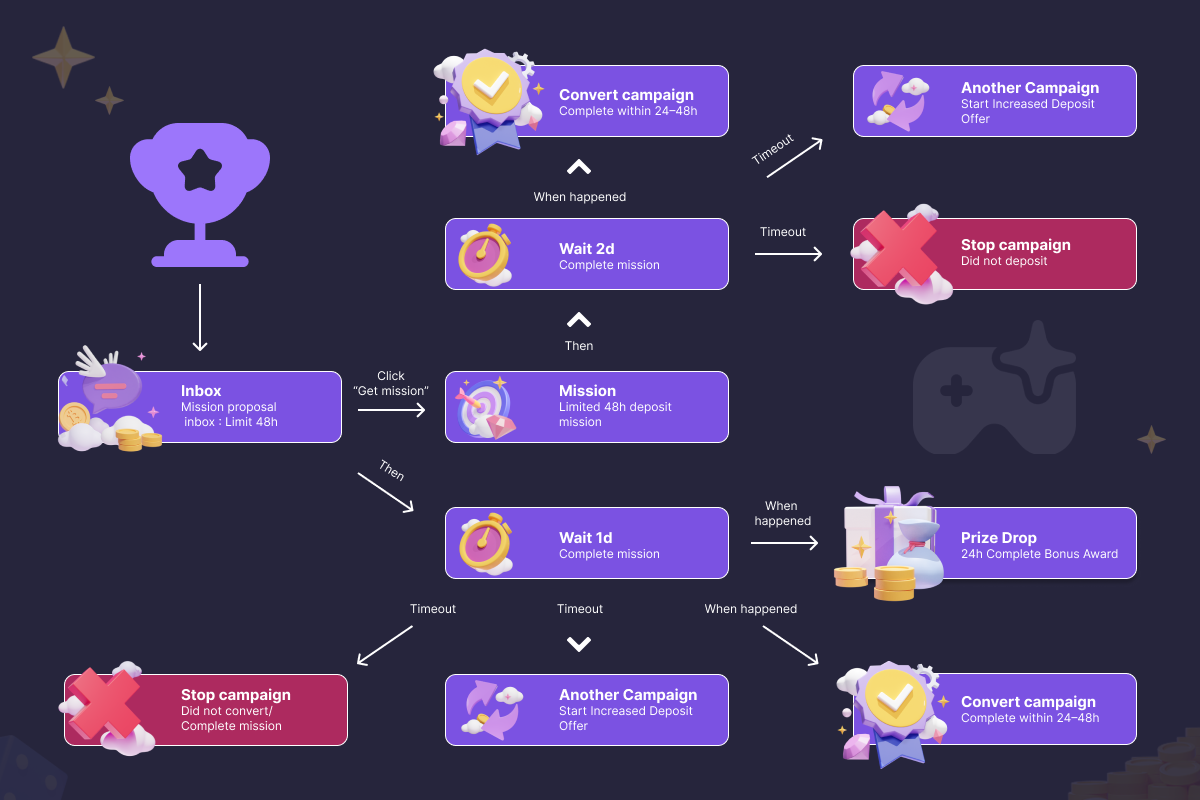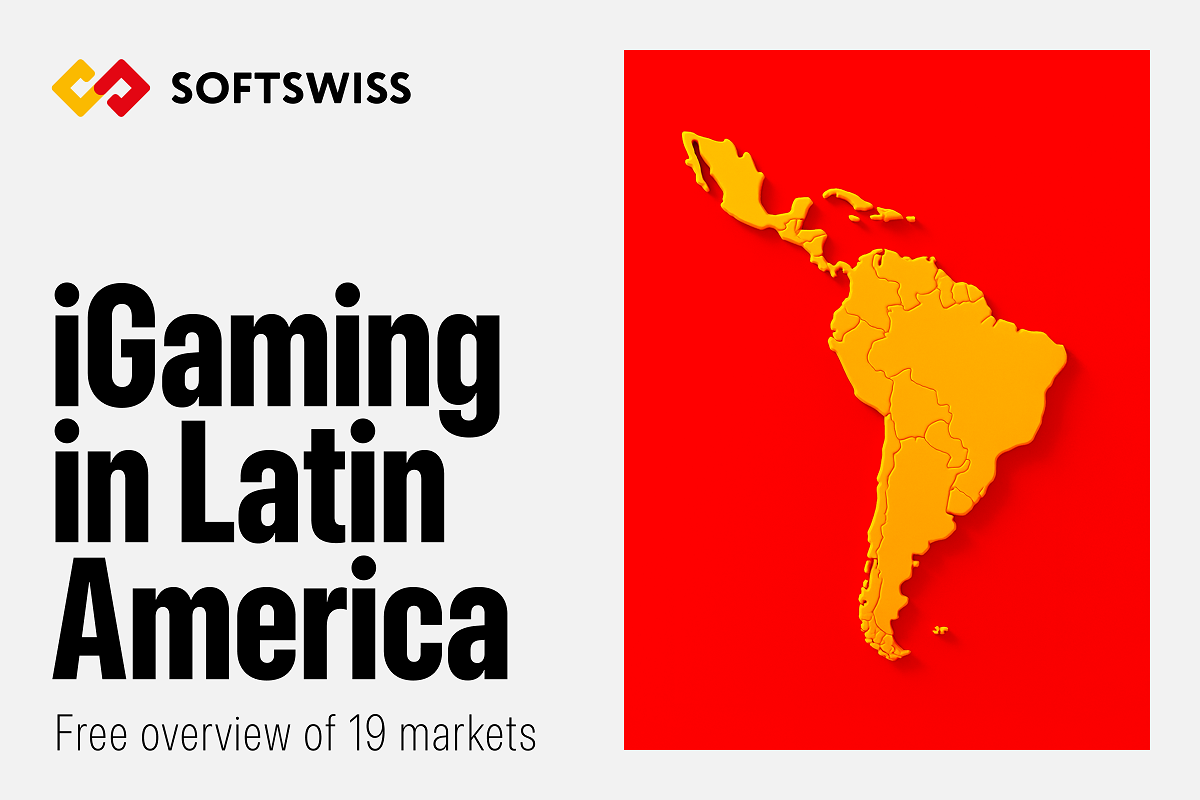Latest News
Finland is stepping away from monopoly on gambling. Will Norway follow?

After years of strict monopoly on gambling, the Finnish government has made a decision to open up for licensing. By the year 2026 it expects to have a functioning licensing system that will attract big international gambling sites to operate in Finland, which will in turn bring a significant amount of tax money to the budget and give the users a luxury of choice among various operators.
Finland has maintained a strict monopoly on gambling since 2017, when three state-owned companies were forced to merge: Veikkaus, Raha-automaattiyhdistys and Fintoto. No other brands were allowed to operate in the country, leaving the users with no options to choose from, and no healthy competition that could have stimulated growth of the market.
When establishing the monopoly on gambling, the Finnish government believed it would contain the money people spend on bets within the country, while providing easy access to the gambling establishments, hence easy control.
However, that turned out to be wishful thinking, as the reality now is very different. According to Tytti Tuppurainen, a current member of Parliament, the strict rules didn’t stop foreign betting companies from entering the Finnish market. Since it is obviously much harder to regulate online services than physical ones, online bookmakers can provide offers to users from Finland with or without a license. Now it is clear that what initially was supposed to be a well-regulated gambling market with only one state-owned operator to choose from turned into a “wild gray zone”.
Now, the Finnish government is trying to undo the damage and switch to a license model, which is expected to be released in 2026. The main goal is to redirect the money that is now falling through the cracks (channelization rate is approximately 50% at the moment) and attract big gambling brands to Finland, where they will be able to work legally under the local law.
Finland has been the last EU country to keep a monopoly on gambling. Now, when they have acknowledged that it failed, Norway might also want to reevaluate the benefits of having a closed market.
Having a licensing system which allows brands to buy their way in a certain market proved to be a successful model in many countries. The regulation process becomes easier, when there are rules that official companies have to follow if they want to stay in the market, as opposed to authorities chasing online bookmakers and trying to block access to constantly reappearing pages.
In Norway, the attempts to block illegal operators are countless. From DNS blocking to internet companies forbidding access to certain betting websites. However, new illegal gambling sites appear faster than anyone can block them. The users in turn are actively searching for new bookmakers instead of giving in to the official ones, making Norway a lucrative market for betting providers who are not afraid to get their hands dirty.
Not earlier than when a functioning licensing system is established in both countries will there be real user protection from untrustworthy gambling providers.
-

 Asia6 days ago
Asia6 days agoTesla to showcase Model Y with NODWIN Gaming at the thrilling BGMS Season 4 Grand Finals
-

 Compliance Updates6 days ago
Compliance Updates6 days agoSOFTSWISS Compliance Expert Shares Knowledge on AML in iGaming for Sumsub Academy
-

 Africa6 days ago
Africa6 days agoRacing1 is exhibiting for the first time at the Grand Prix D’Afrique
-

 Latest News6 days ago
Latest News6 days agoÅland-Based Gaming Company Paf Becomes Main Partner of the Finnish Ski Association – One of the Most Significant Sponsorship Agreements in the Association’s History
-

 Latest News6 days ago
Latest News6 days agoAnimo Studios debuts virtual hosts for live table games starting with Stake
-

 Latest News6 days ago
Latest News6 days agoKaizen Gaming data – FC Barcelona the fan favourite to win the Champions League
-

 Latest News6 days ago
Latest News6 days agoWeek 37/2025 slot games releases
-

 Latest News6 days ago
Latest News6 days agoBehind the surge in XRP, DL Mining brings new opportunities to get 0.1BTC or 2ETH with your XRP


























